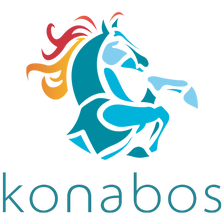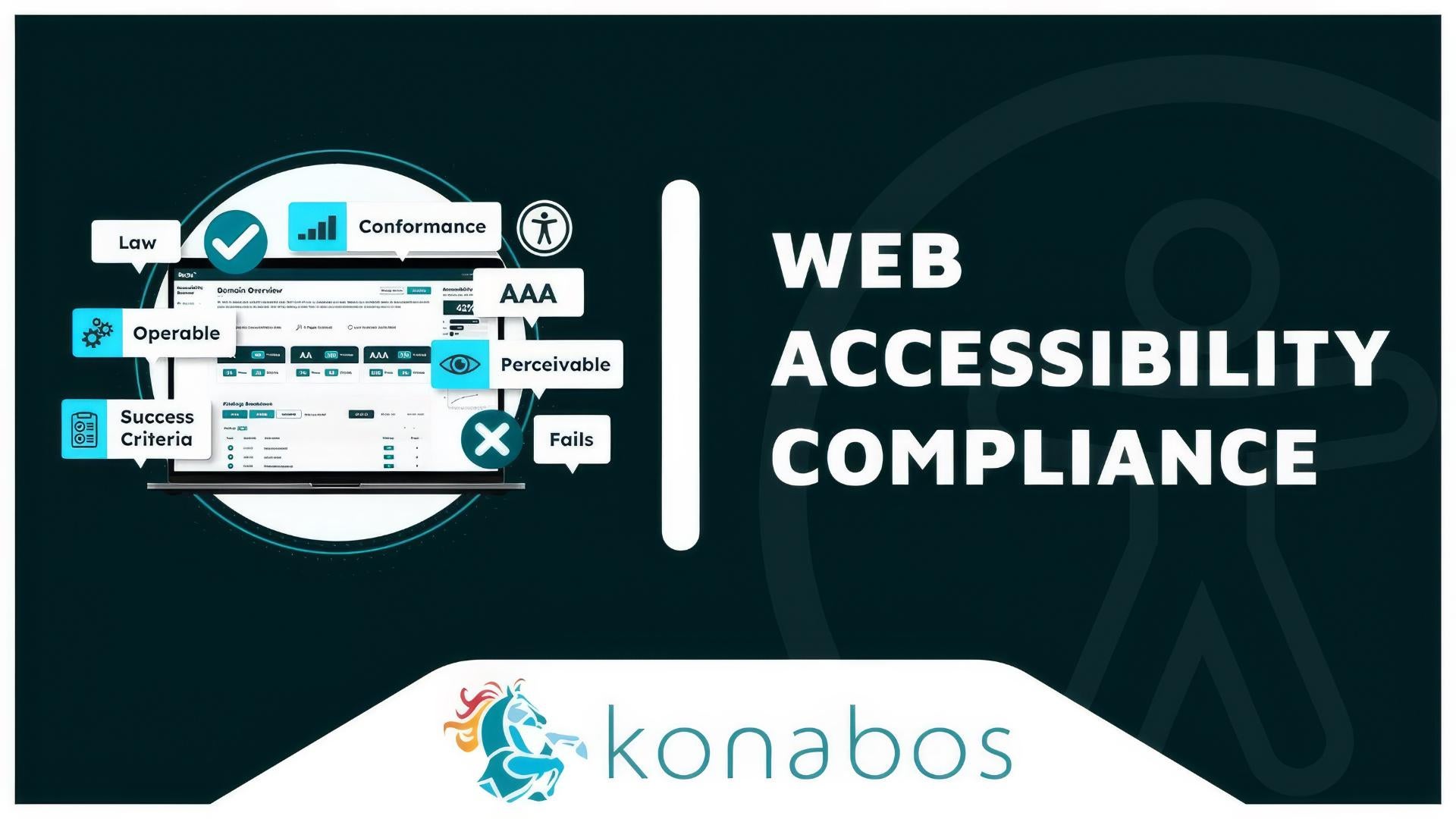Web Accessibility & Inclusion: Charting the Course for #Agenda2030 Compliance | Konabos
Konabos Inc. - Konabos
9 Nov 2023
In 2015, the United Nations agreed on 17 Sustainable Development Goals, or SDGs to be achieved by 2030. Collectively, they are known as #Agenda2030 and cover every aspect of life on Earth, both for people living today and for future generations. At the September 2023 General Assembly in New York, the UN restated their commitment to Agenda 2030. The UN agreed to accelerate their action plans and provide additional financing to make this happen. Empowering people with disabilities cuts across all 17 of the goals and is an explicit measure of success for five of them. All the UN countries agree that everyone should have equal access to public buildings and transport, sports facilities, cinemas and so on. Improvements were already in progress even before 2015. In the same way, all people should have equal access to online resources, including websites, social media, online learning resources, and mobile apps. Having access to the internet is now considered a basic human right. This means that website designers and developers need to know how to build and test websites and mobile apps that are accessible by design. To help the web design and development community, the Web Accessibility Initiative (WAI) was set up by the W3C. The WAI develops its work through W3C’s consensus-based process. The W3C is an independent, international consortium of web designers, web developers and people like you and me. Everyone can contribute. The W3C maintains fair and open standards for Internet accessibility. These are known as the Web Content Accessibility Guidelines, or WCAG. The current version of the guidelines is WCAG 2.1. There are three levels, A, AA, and the stricter AAA. WCAG has become the global standard for digital accessibility. Many countries have now introduced laws to ensure websites and mobile apps comply with WCAG 2.1 Level AA standards. For example, in the US, all government agency websites and mobile apps must comply with WCAG 2.1 Level AA. The education, banking, and healthcare sectors are also bound by these regulations. In fact, all companies with an online presence are at risk of lawsuits if visitors with a disability are not able to benefit from whatever the site is offering to non-disabled visitors. At the federal level, the US Department of Education's Office of Civil Rights has stepped up enforcement activities to ensure online content is accessible to individuals with disabilities. Here’s a good example of new legislation being debated right now. The State of California has announced it is in the final stages of ratifying Assembly Bill 1757. This bill will require website owners to prove that their website was explicitly designed to be WCAG 2.1 Level AA compliant, that compliance has been tested in both an automated and manual way by a qualified professional, and that the site bears a clearly visible link on its home page to its certificate of compliance. As we move closer to #Agenda2030, legislation around web accessibility will become stricter, more widespread, and policed more closely. Owners of non-compliant websites and apps will be subject to more frequent and more severe lawsuits and fines. Together, we are all responsible for making the world a freer, fairer, and more equitable place for everyone today, and those that come after us. The internet is a human right. #Agenda2030 will help ensure everyone, everywhere can enjoy that right. Compliance is important. Empowering every single person in your market even more so. At Konabos, we are passionate about our customers’ success. Schedule a free meeting with us now to discover how we can accelerate your journey to web accessibility. Simply go to konabos.com/contact to book a free introductory meeting. We look forward to hearing from you soon!

Konabos Inc.
Yay to Konabosing in style! Content tagged with the Konabos handle is produced by two or more Konabos team members.


